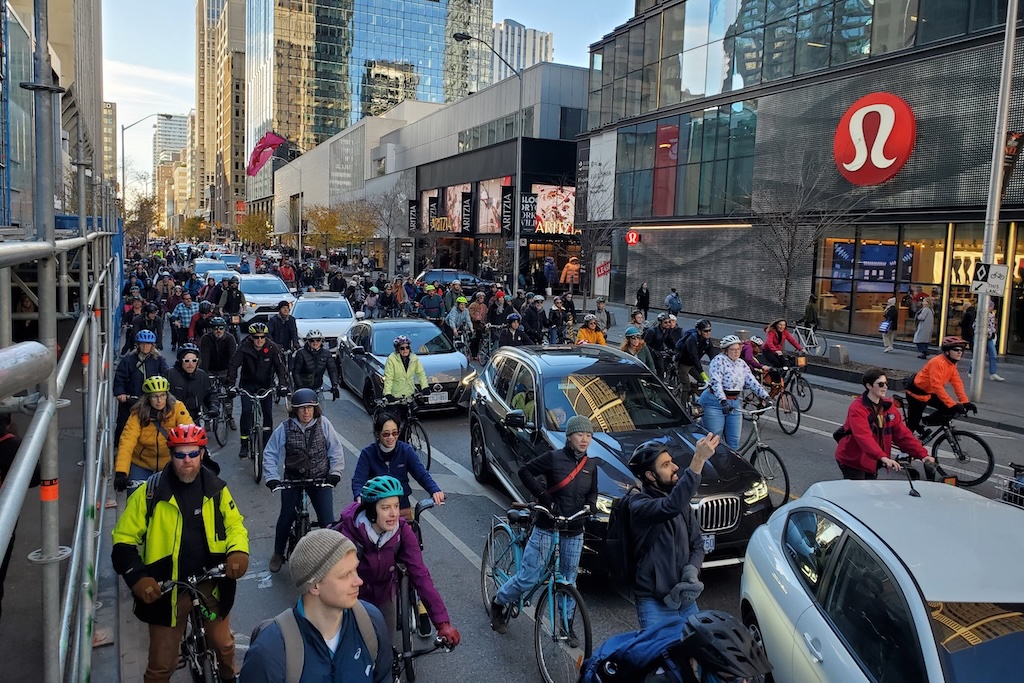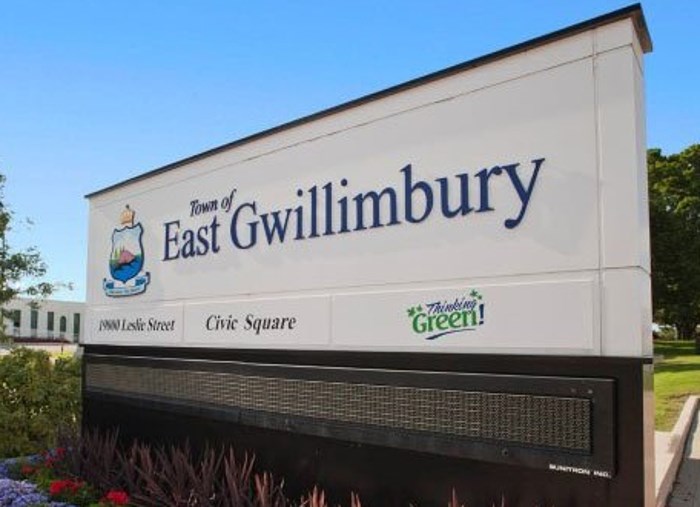Bussiness
U.S. small-business optimism soars to three-year high after Trump win
Article content
U.S. small-business optimism surged in November to a more than three-year high in anticipation of more favourable economic policies after Donald Trump sealed his return to the White House.
Article content
The National Federation of Independent Business optimism index jumped 8 points, the most on record, to 101.7 — the highest reading since June 2021. The group’s uncertainty gauge dropped 12 points after reaching a record high prior to the presidential election.
“The election results signal a major shift in economic policy, leading to a surge in optimism among small-business owners,” Bill Dunkelberg, NFIB chief economist, said in a statement. “Owners are particularly hopeful for tax and regulation policies that favour strong economic growth as well as relief from inflationary pressures.”
Nine of the 10 components that make up the overall index increased in November, led by a 41-point improvement in the outlook for US business conditions. That was the biggest rise in monthly data back to 1986 and left the metric at a more than four-year high.
Article content
A net 14% of respondents believe it is a good time to expand operations amid expectations of major shifts in tax and regulatory policies under a second Trump presidency.
The net share of small-business owners expecting higher sales climbed to the highest level since the start of the pandemic. Since the beginning of 2022, firms on net consistently expected weaker sales.
RECOMMENDED VIDEO
Businesses continued to cite inflation and labour quality among their top problems. A net 28% said they planned to raise prices over the next three months, the largest share since May.
While a net 18% of owners plan to create new jobs in the next three months, up 3 percentage points from October, owners are still experiencing difficulty attracting good talent for open positions. Some 48% reported finding few or no qualified applicants.
Results of the NFIB survey were based on 532 respondents through Nov. 29.
Share this article in your social network










